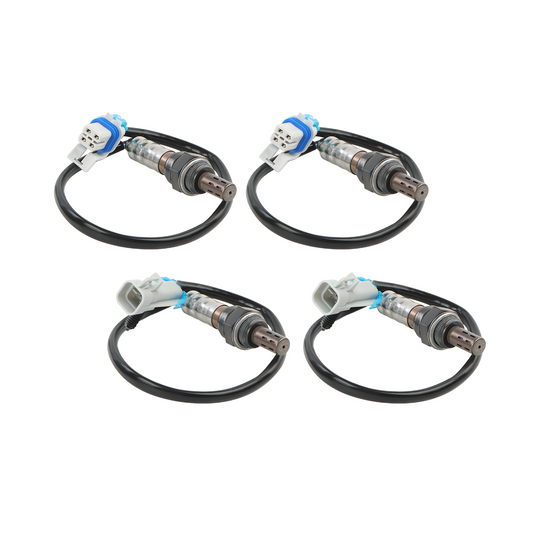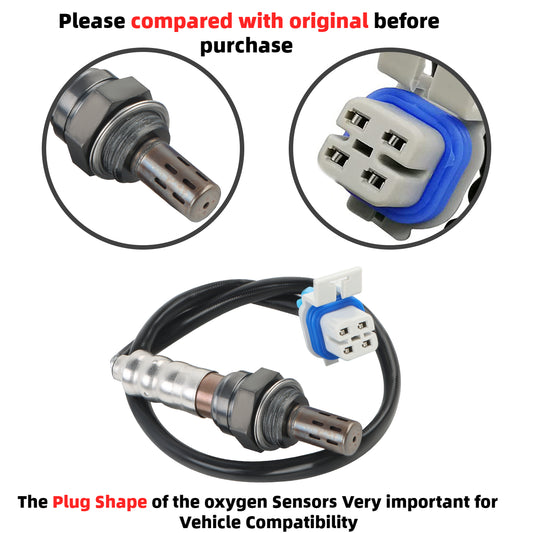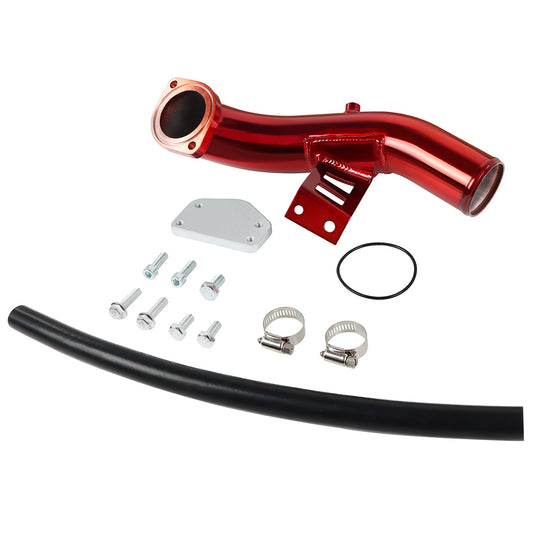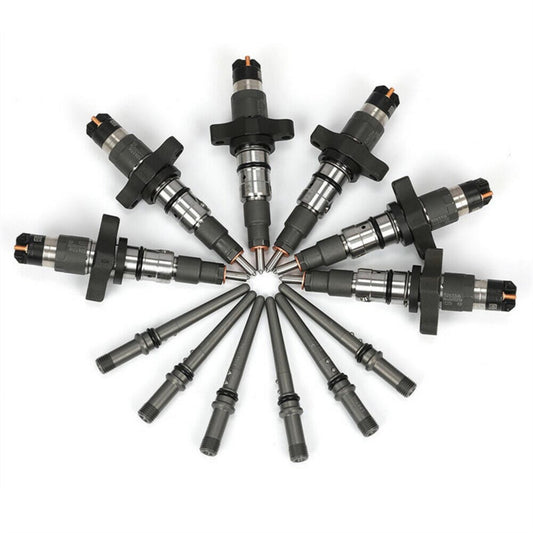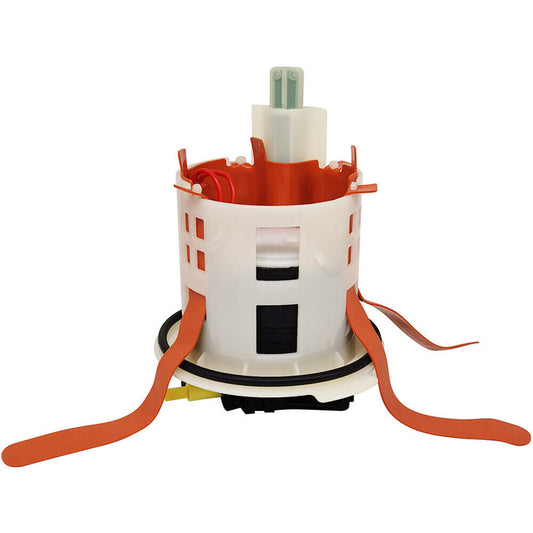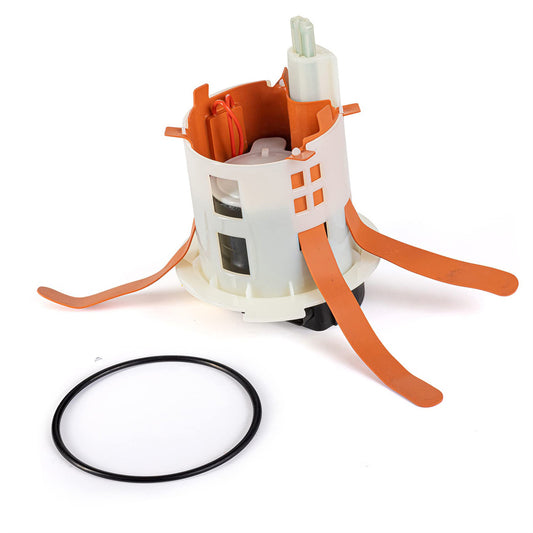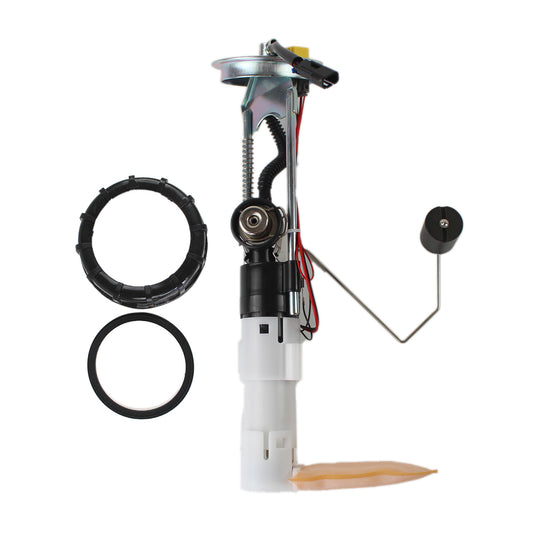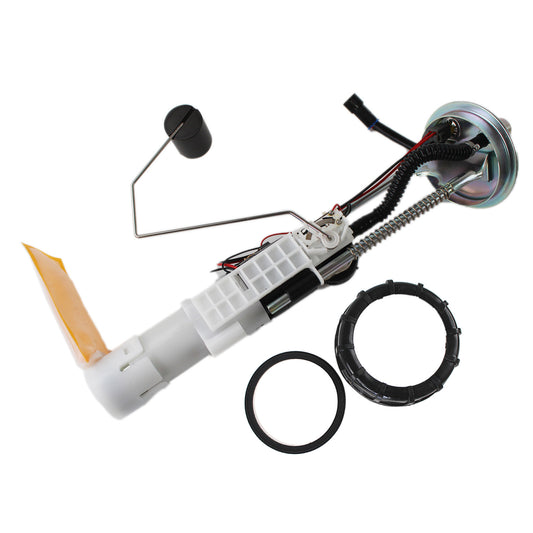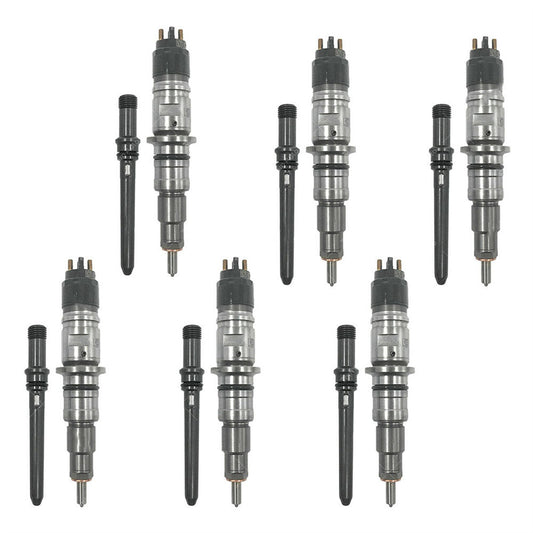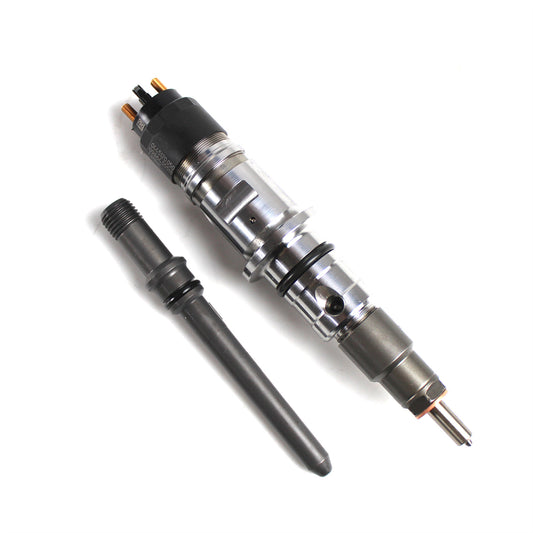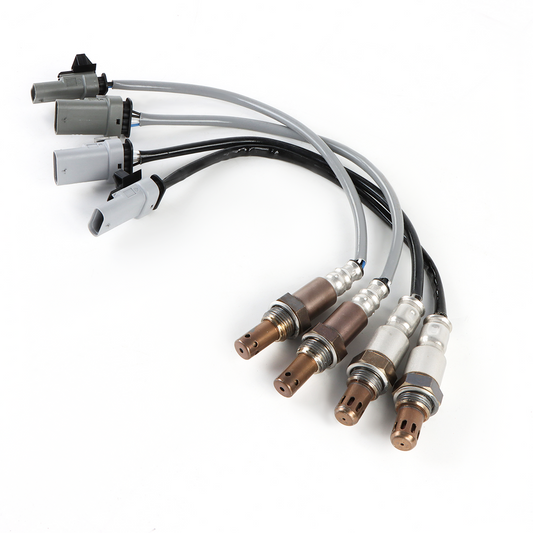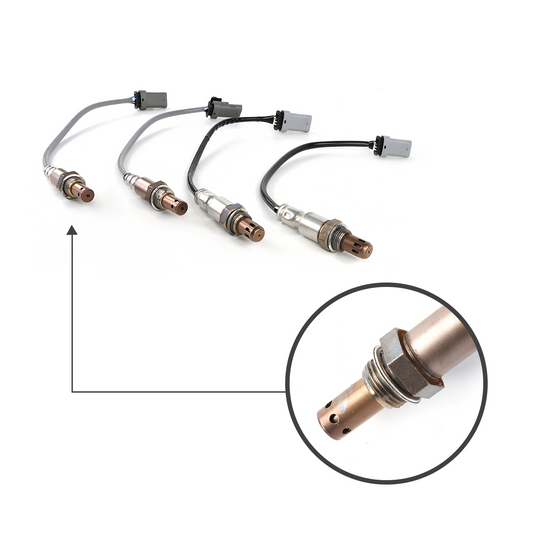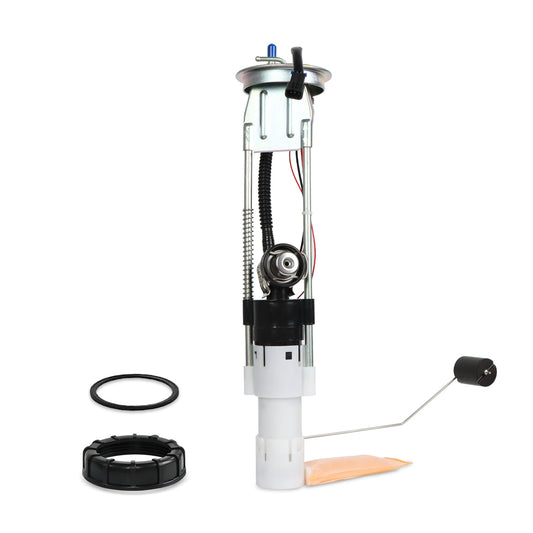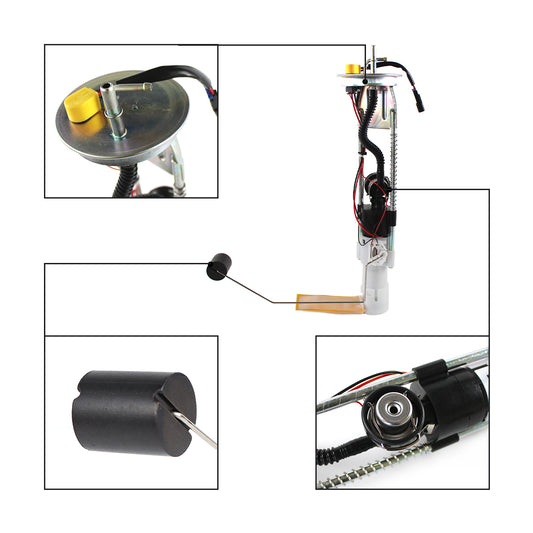What Does a NOx Sensor Do? Understanding its Role in Emission Reduction
NOx sensors play a crucial role in emission control systems, working diligently to monitor and reduce harmful nitrogen oxide (NOx) emissions. In this blog post, we will explore the specific function and significance of NOx sensors, shedding light on their vital role in monitoring combustion efficiency and ensuring compliance with environmental regulations.
The Function of NOx Sensors:
NOx sensors are designed to accurately measure the levels of nitrogen oxides in the exhaust gases emitted by vehicles. By detecting the presence of nitric oxide (NO) and nitrogen dioxide (NO2), these sensors provide real-time feedback to the engine control unit (ECU).
The primary function of NOx sensors is to assist the ECU in optimizing the air-fuel mixture, combustion parameters, and other engine settings. This enables the engine to operate at maximum efficiency while minimizing NOx emissions. By continuously monitoring NOx levels, these sensors help ensure that vehicles are complying with emission standards and regulations, contributing to cleaner air quality.
Significance in Emission Control:
NOx emissions are known to contribute to air pollution and have adverse effects on human health and the environment. NOx sensors play a critical role in emission control by enabling the ECU to make precise adjustments to achieve optimal combustion conditions. This helps minimize the formation of nitrogen oxides during the combustion process, ultimately reducing the environmental impact of vehicle emissions.
Additionally, NOx sensors aid in the effective functioning of catalytic converters. They provide valuable data on the efficiency of the conversion process, allowing the ECU to monitor the performance of the catalyst and ensure that it is effectively reducing NOx emissions.
Conclusion: NOx sensors are integral components in emission control systems, actively monitoring and reducing nitrogen oxide emissions from vehicles. By providing real-time feedback to the ECU, these sensors enable precise adjustments to achieve optimal combustion conditions, resulting in reduced NOx emissions and improved air quality. Their crucial role in emission control highlights the significance of NOx sensors in mitigating the environmental impact of vehicle exhaust gases.


